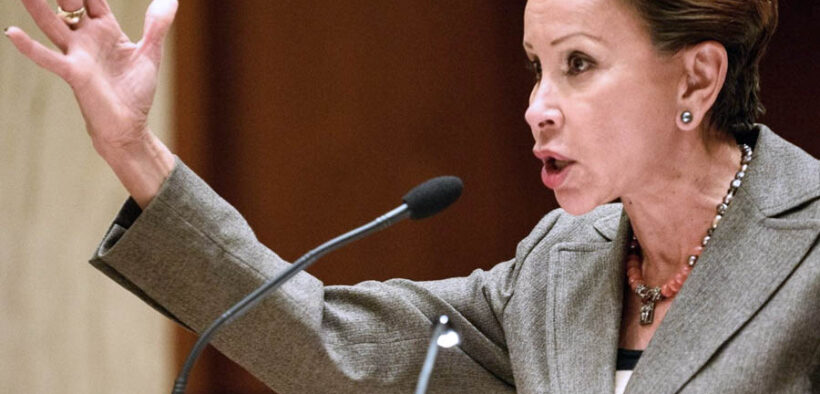New bill targets crypto tax break in Puerto Rico

New York Rep. Nydia Velázquez seeks to make digital asset income federally taxable for mainland investors on the island.
As crypto-linked migration to Puerto Rico continues drawing scrutiny, Democratic Rep. Nydia M. Velázquez of New York has introduced the Fair Taxation of Digital Assets in Puerto Rico Act, a bill that would end what she calls a federal tax loophole used by wealthy cryptocurrency investors.
“For years, some of the wealthiest U.S. investors in digital assets have used Puerto Rico to avoid paying federal taxes,” Velázquez said in a statement. “This influx has not brought promised economic growth. Instead, it has raised costs and driven displacement on an island where the poverty rate is already 40%.”
The bill, introduced in April and co-sponsored by Democratic Reps. Alexandria Ocasio-Cortez of New York and Delia Ramírez of Illinois, would amend the Internal Revenue Code to treat digital asset income as federally taxable, even if investors claim Puerto Rico residency under tax incentive programs such as Act 22.
Currently, U.S. citizens who spend at least 183 days a year on the island may treat income from crypto trading, mining or staking as Puerto Rico-sourced, and therefore exempt from federal capital gains taxes.
The measure follows increased public concern about the local impact of crypto migration, including rising rents, gentrification and limited evidence of broad economic benefit.
Velázquez emphasized that the bill is not intended to limit Puerto Rico’s local tax authority.
“Puerto Rico deserves better than being turned into a tax haven for the wealthy,” Velázquez said. “This is about making sure the rules aren’t written to benefit a select few, while working people on the island and the mainland pay the price.”
Iris Figueroa, senior policy strategist at Popular Democracy, expressed support in Velasquez’s press release: “Federal loopholes have allowed predatory cryptocurrency investors to exploit Puerto Rico, displacing communities and exacerbating inequality.”
Some, however, argue the legislation could discourage capital investment. A 2021 Time magazine article cited a Puerto Rico government-commissioned study showing that from 2015 to 2019, Act 22 recipients created more than 15,000 direct jobs and invested $1.3 billion in local real estate.
Supporters of Act 22 also highlight the law’s philanthropic requirement, which mandates annual $10,000 donations to local nonprofits, though enforcement has been inconsistent. Some investors have funded food programs, education and post-hurricane recovery efforts.
Critics question whether those contributions offset broader consequences. Some argue that investing in climate resilience and education may generate more equitable benefits than tax breaks for high-net-worth individuals.
Supporters of Velázquez’s bill say it would promote fairness in the tax code without interfering in Puerto Rico’s control over its local incentive policies.
As of April 22, the bill had not been scheduled for a committee hearing, according to Congress.gov and the bill’s status page.












